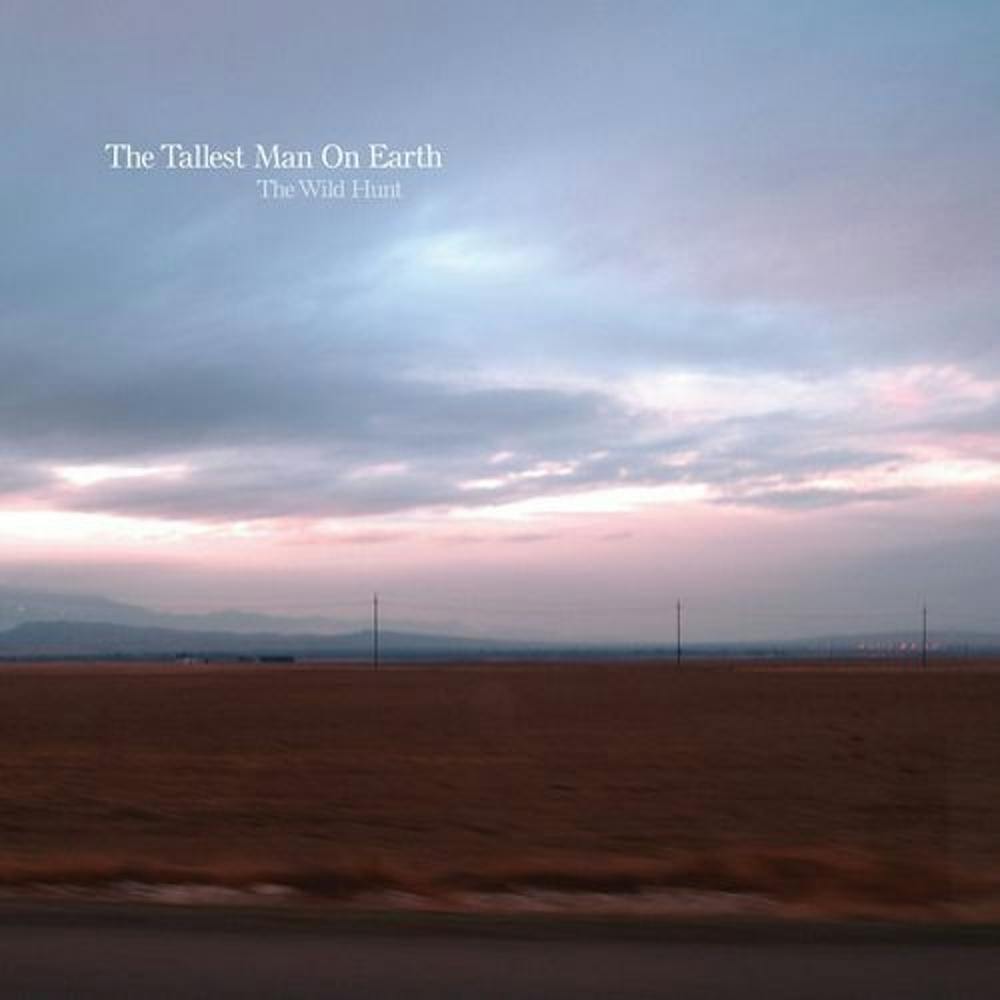Biographically, Kristian Matsson probably has little in common with Bob Dylan. There’s his nationality — Swedish — whereas the American troubadour chronicled the changing times of the mid-century United States. Also, Matsson arrived on the scene as The Tallest Man on Earth a good 40 years after the icon to which he’s often compared.
But then there’s the sound of his gravelly voice, honed to a wail that slices through decades and reminds his listener of the timelessness of a man and a guitar.
It’s this timelessness that makes The Wild Hunt so powerful. Recalling both ’60s folk heroes and modern pop, Matsson plucks and picks his way to musical transcendence, enveloping a contemporary audience in ageless wanderlust.
MUSIC REVIEW
The Tallest Man On Earth
The Wild Hunt
Folk
Dive Verdict: 5 of 5 Stars
SEE THE TALLEST MAN LIVE
Time: 8 p.m. Monday
Location: Gerrard Hall
160 E. Cameron Ave.
Info: unc.edu/cuab
Lyrically, The Wild Hunt is a revelatory experience. Like its influences, The Tallest Man On Earth’s sophomore effort relies on a blend of storytelling and reflection. On “Troubles Will be Gone,” he sings, “Oh and it’s God I see in headlights, kneeling down on frozen highways,” a modern meditation on the same lassitude that pervaded Dylan’s 1960s ballads.
On “King of Spain”, he even references Dylan’s legendary canon, singing, “I wear my boots of Spanish leather/Oh while I’m tightening my crown.”
Despite surface similarities, Matsson’s brand of weariness advances beyond roadsides and heartache, taking his listener in the direction of a more modern disenchantment.
“Kids on the Run” encapsulates a distinctly youthful feeling of guilt and cynicism. Matsson laments the “terror of our time,” the “weapons raining from the sky.” Lifted out of context, the lyrics could be a Vietnam-era protest, but he steers the words towards universality.
One of the biggest distinctions between Matsson and other folk artists — past and present — is his striking voice. It’s an unpretentious and compelling force that moves as nimbly as the fingers with which he picks, deftly navigating between piercing crescendos and measures of near-whispered quiet.
From the Swedish lilt in his pronunciation to the boyish caterwaul he emits at the end of “King of Spain”, his voice is a constant in the midst of these sinuous tunes. His vocals, clear and refreshing as a mountain spring, are the focal point of every song.
The comparisons between Matsson and Dylan are inevitable. Both wielded a guitar as their chosen weapon, and both narrate the angst of their respective generations.
Where the man who sang about changing times leaves off, Matsson continues, and he does so with grace, simplicity and insight in a voice that’s all his own.
Contact the Diversions Editor at dive@unc.edu.



